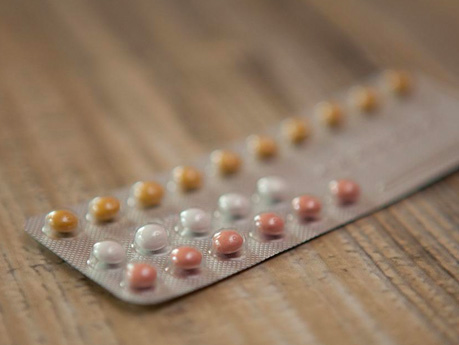Some medicines interact with the combined pill and it does not work properly. Some interactions are listed on this page, but it is not a complete list. If you want to check your medicines are safe to take with the combined pill, you can:
- ask a GP, practice nurse or pharmacist
- read the patient information leaflet that comes with your medicine
Antibiotics
The antibiotics rifampicin and rifabutin (which can be used to treat illnesses including tuberculosis and meningitis) can reduce the effectiveness of the combined pill. Other antibiotics do not have this effect.
If you are prescribed rifampicin or rifabutin, you may be advised to change to an alternative contraceptive. If not, you will need to use additional contraception (such as condoms) while taking the antibiotic and for a short time after. Speak to a doctor or nurse for advice.
Epilepsy and HIV medications and St. John's wort
The combined pill can interact with medicines called enzyme inducers. These speed up the breakdown of hormones by your liver, reducing the effectiveness of the pill.
Examples of enzyme inducers are:
A GP or nurse may advise you to use an alternative or additional form of contraception while on this medication.

